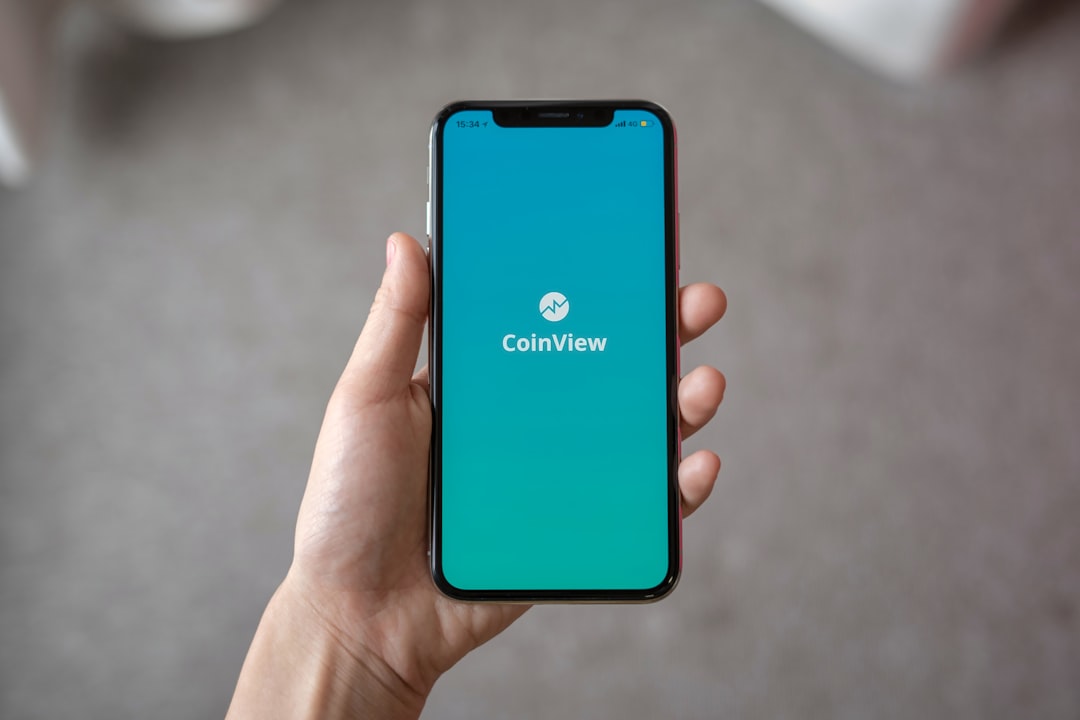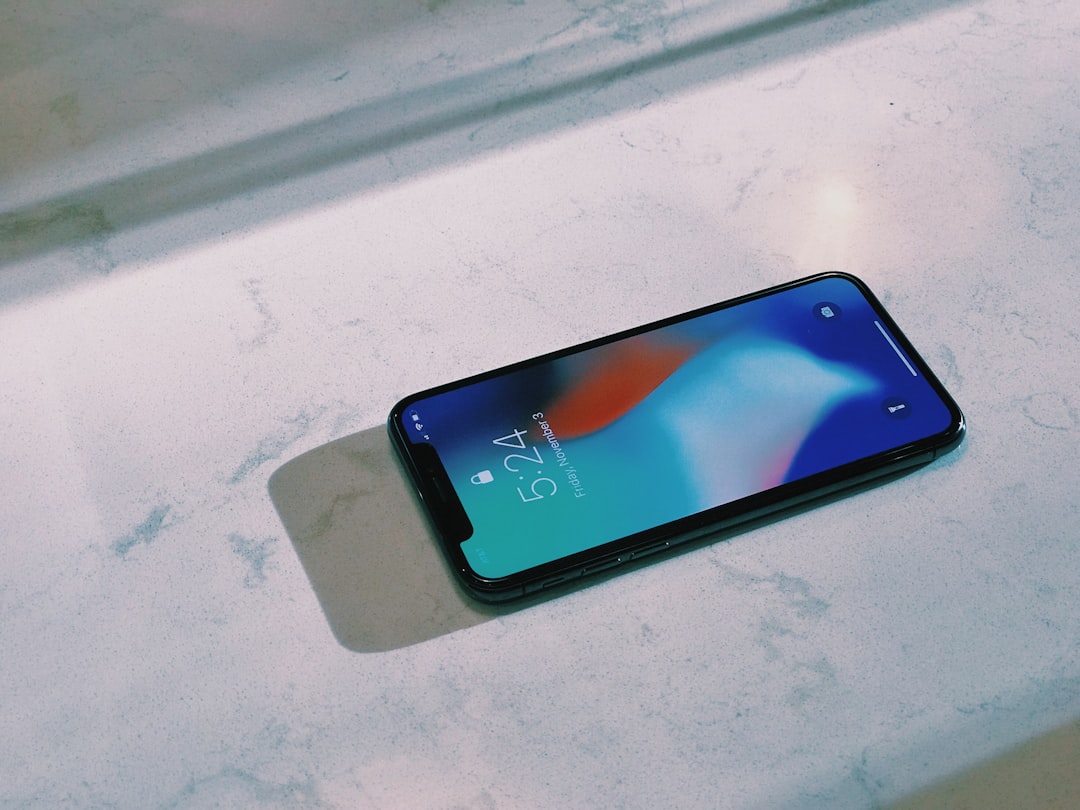In Nevada, automated robocalls, especially in healthcare, are a growing concern due to their fraudulent potential and disruption to patient care. The state's Spam Call law firm addresses this issue by helping residents understand and assert their rights against nuisance calls. By regulating telemarketing practices, the firm aims to improve access to healthcare and create a more secure environment while balancing patient privacy and efficient communication management for medical professionals.
In the digital age, robocalls have become a ubiquitous nuisance, especially in Nevada. This article explores the impact of automated phone calls on the state’s healthcare system, with a specific focus on patient access and experience, as well as the challenges faced by medical practices and hospitals. We delve into Nevada’s spam call laws and present strategies to mitigate these intrusive calls, highlighting the importance of adapting to protect sensitive healthcare information and enhance patient care. A spam call law firm in Nevada plays a crucial role in navigating this evolving landscape.
Understanding Robocalls and Spam Call Laws in Nevada

Robocalls, automated phone calls that deliver recorded messages, have become a ubiquitous and often annoying aspect of modern communication. In Nevada, as in many states, these automated calls are subject to specific regulations designed to protect consumers from unwanted and fraudulent spam calls. The Spam Call law firm in Nevada plays a vital role in enforcing these rules, helping residents navigate the complex legal landscape surrounding robocalls.
Nevada’s Spam Call laws aim to curb excessive and deceptive robocalling practices by imposing strict restrictions on businesses and organizations that engage in automated telemarketing. These laws empower residents to take action against nuisance calls and provide a framework for holding violators accountable. By employing a Nevada Spam Call law firm, individuals can effectively manage these issues, ensuring their rights are protected while navigating the intricacies of telecommunications regulation.
Impact on Healthcare Access and Patient Experience

In Nevada, as across the nation, robocalls have become a significant nuisance, particularly when it comes to healthcare. These automated calls, often disguised as originating from legitimate medical facilities or pharmacies, are not only intrusive but can also hinder access to genuine healthcare services. Many residents find themselves overwhelmed by unwanted messages promoting unproven treatments or demanding attention for non-existent health issues. This deluge of robocalls contributes to a frustrating patient experience, leading many individuals to disregard critical health-related calls from authentic sources.
The prevalence of robocalls targeting Nevadans exacerbates existing challenges within the healthcare system. It deters people from actively engaging in their health management, potentially resulting in delayed diagnoses and treatment. Moreover, it places an additional burden on healthcare providers who must dedicate resources to filtering out spam calls, diverting attention from patient care. With Nevada’s Spam Call law firm playing a crucial role in combating this issue, residents can expect improved access to genuine healthcare services as these intrusive robocalls are progressively regulated.
Challenges for Medical Practices and Hospitals

Medical practices and hospitals in Nevada, like many across the country, face significant challenges due to robocalls, particularly those that violate the state’s Spam Call law. These automated calls can disrupt patient care by interrupting appointments, delaying emergency responses, and causing administrative burdens. With the rise of advanced technology, malicious actors use sophisticated bots to make millions of calls daily, often masquerading as legitimate healthcare providers. This deluge of unwanted calls not only hampers communication but also contributes to rising operational costs for healthcare institutions.
As a result, Nevada’s medical community is caught in a complex web where maintaining patient privacy and security conflicts with the need to efficiently manage communication. The constant need to verify caller identity and block spam adds layers of complexity to an already demanding healthcare environment. This issue demands attention from policymakers, technology developers, and law firms specializing in Spam Call laws to find effective solutions that protect patients while ensuring medical practices can function seamlessly.
Strategies to Mitigate and Adapt to Robocall Invasion

In response to the increasing robocall invasion, both state and local entities in Nevada have implemented strategies to mitigate their impact, especially on healthcare systems. One significant step is the enforcement of the Spam Call law firm Nevada, which restricts automated calls from marketing purposes unless specifically consented to by the recipient. This has proven effective in reducing unwanted calls, ensuring patients’ privacy, and allowing healthcare providers to communicate more efficiently.
Healthcare institutions are also adapting by investing in advanced call management systems that can filter out robocalls, providing a robust defense against these automated intrusions. Additionally, educating both staff and patients about identifying and reporting robocalls is crucial. This collective effort not only protects sensitive information but also fosters a safer, more secure communication environment within Nevada’s healthcare sector.






